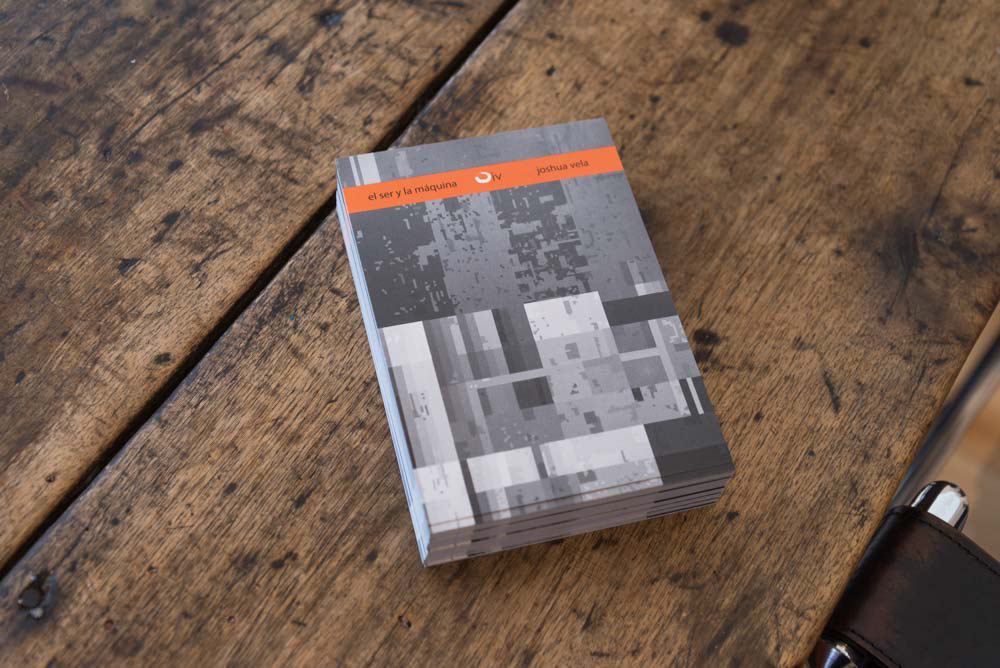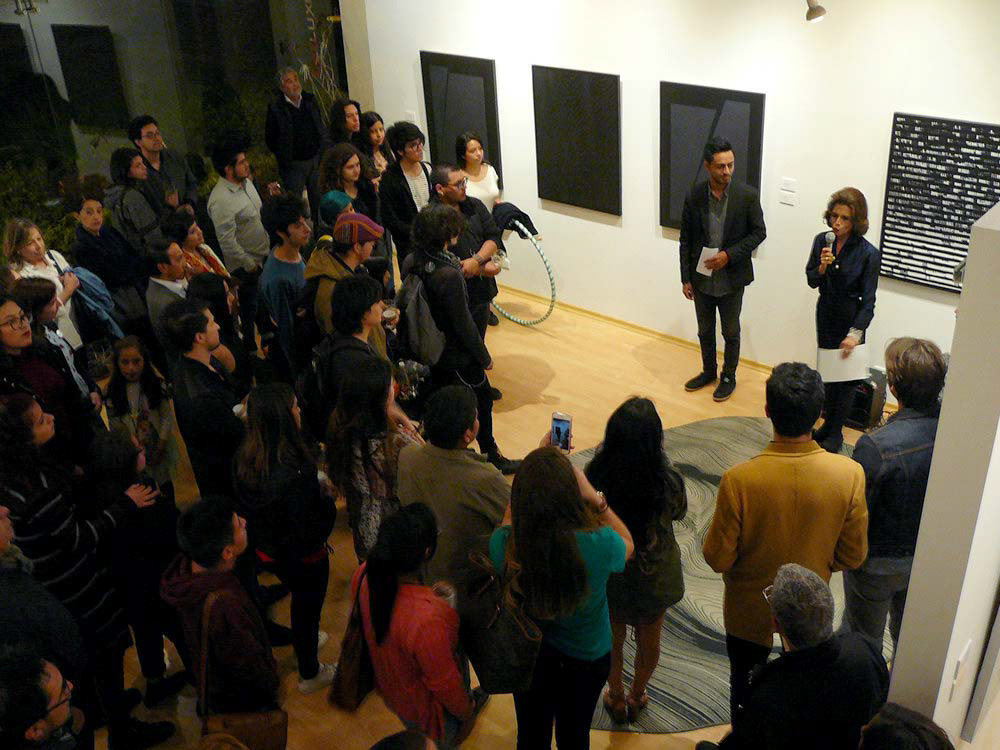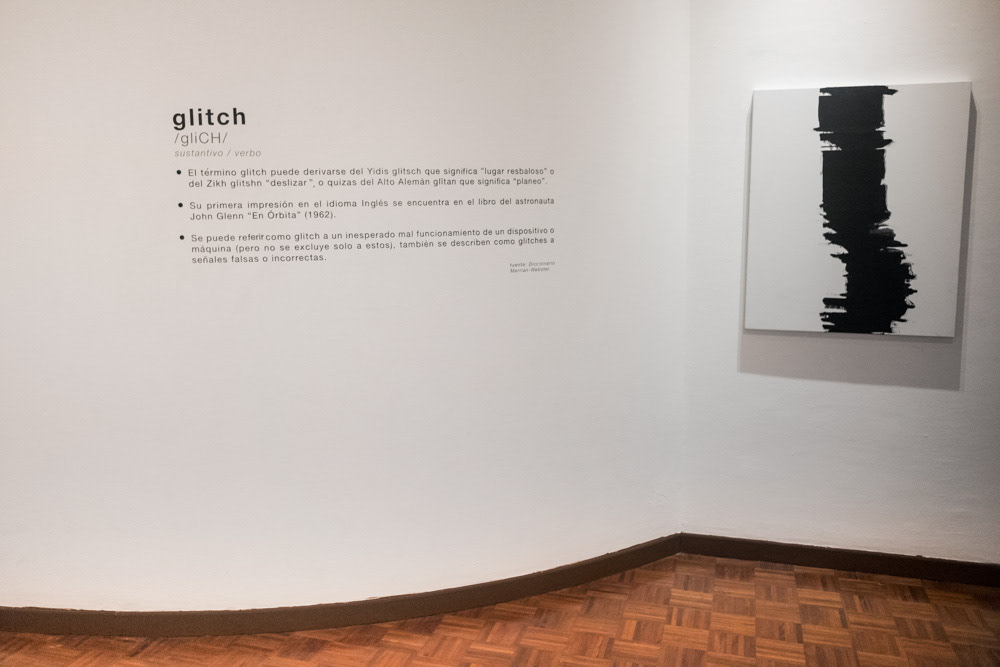Es solo cuando nos vemos imperfectos, desequilibrados o en situaciones fuera de lo común cuando retomamos la pregunta: ¿Qué es el Ser?. Si vemos al cuerpo como hardware y a la existencia como software, es entonces, en sus glitches o errores cuando percibimos su estado de inherencia o vínculo inseparable que determina a ambos; a la máquina y al Ser.
Estos errores o glitches son accidentes que devienen interesantes al demandar cambios evolutivos en los objetos. Todos los dispositivos son constantemente inestables, frágiles, vulnerables a virus, a errores del sistema, a problemas de red y desbalances entre hardware y software, nos piden “actualizaciones” continuamente. Algo similar ocurre con los seres humanos, en esos momentos de cuestionamientos o crisis (glitches); cuando realmente estamos vivos.
Con este trabajo reflexiono y actúo sobre el llamado “Camino Heideggeriano” que nos plantea en ese “arrojamiento” al mundo, el paso de lo inauténtico a lo auténtico y que, en ello, nos recuerda constantemente que:
1-. Hemos olvidado que estamos vivos.
2.- Todo ser está conectado.
3.- Nos hemos olvidado de ser libres.
-----------------------------------------------------
It's only when we find ourselves imperfect, unbalanced or in uncommon situations when we return to the question: What is the Being?. If we see the body as a hardware and the existence as a software, is then, in its glitches or errors, when we notice its inherent state or the link that shapes both; the machine and the Being.
These errors or glitches are accidents that become intriguing as they demand evolutive changes. All devices are constantly unstable, fragile, vulnerable to viruses, system errors, network problems and unbalances between hardware and software, they continously require "updates". Likewise, something similar occurs with human beings, in those moments of questionings (glitches); when we are truly alive.
With this work, I ponder and act over the so-call Heideggerian journey away from inauthenticity to authenticity, which part from the "throwhness" to the world that we all experience, and remind us constantly that:
1.- We have forgotten to notice we are alive.
2- We have forgotten that all being is connected.
3.- We have forgotten to be free and to live for ourselves.















- La proveniencia del término glitch es incierta. Puede derivarse del Yidis glitsch que significa “lugar resbaloso” o del Zikh glitshn: “deslizar” o quizás del Alto Alemán glïtan que significa “planeo”.
- Su primera impresión, en el idioma Inglés, se encuentra en el libro del astronauta John Glenn: En Orbita (1962).
- El término glitch se refiere a un inesperado mal funcionamiento de dispositivos o máquinas ,pero no se excluye solo a estos, también se refiere como glitches a señales falsas o incorrectas.
Meriam-Webster, 2017.
- The provinience of the term glitch is not known for sure. It may come perhaps from the Yiddish glitsh: slippery place, from the Zikh glitshn: to slide, or maybe from the Old High German glītan: to glide.
- The first documented use of glitch, printed in English, is found in astronaut John Glenn's 1962 book: Into Orbit.
- One can refer to glitch, usually an unexpected malfunction of a device or machine, but it is not excluded only to them. A glitch is also a wrong or incorrect signal.
Merrian-Webster 2017.















